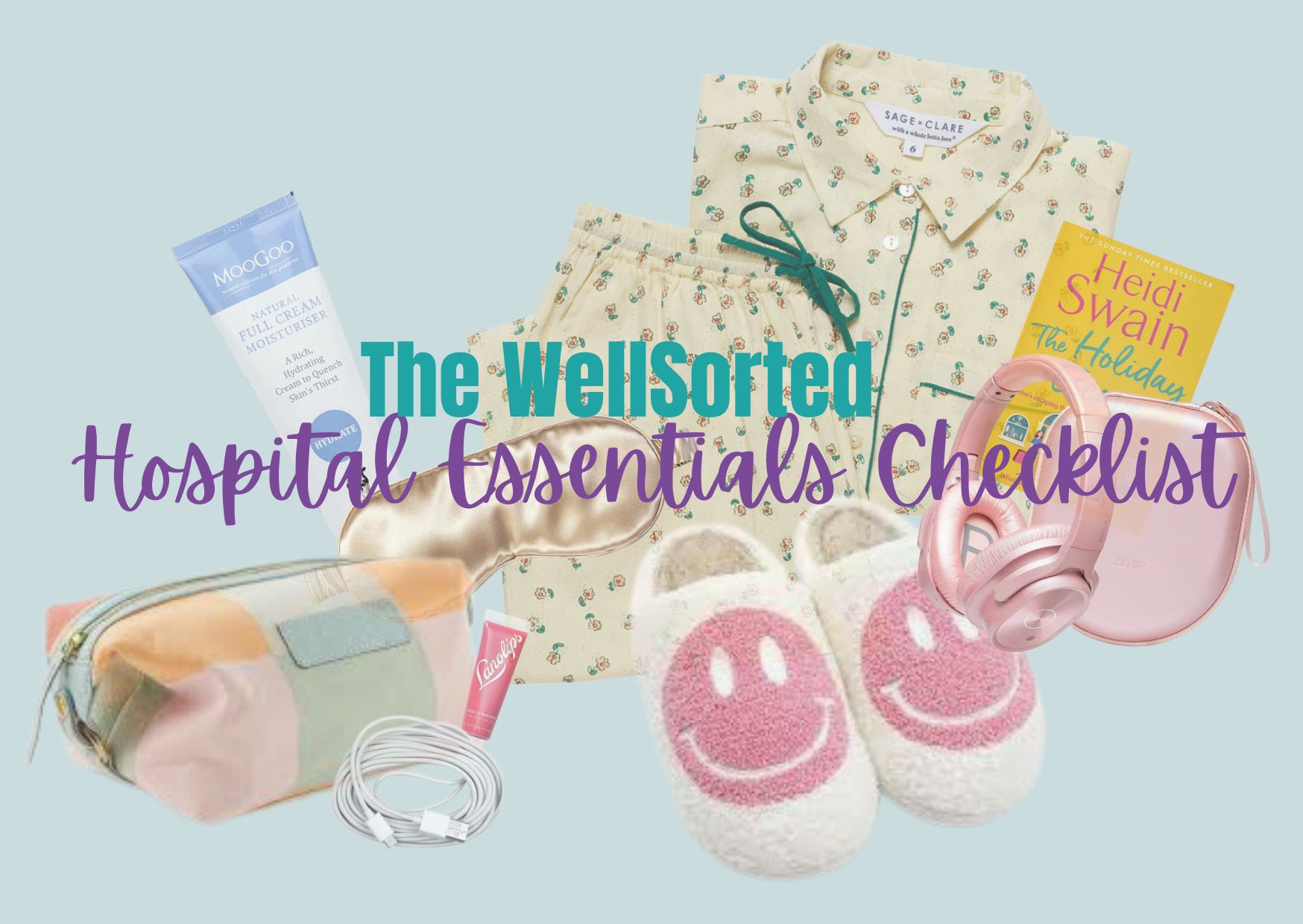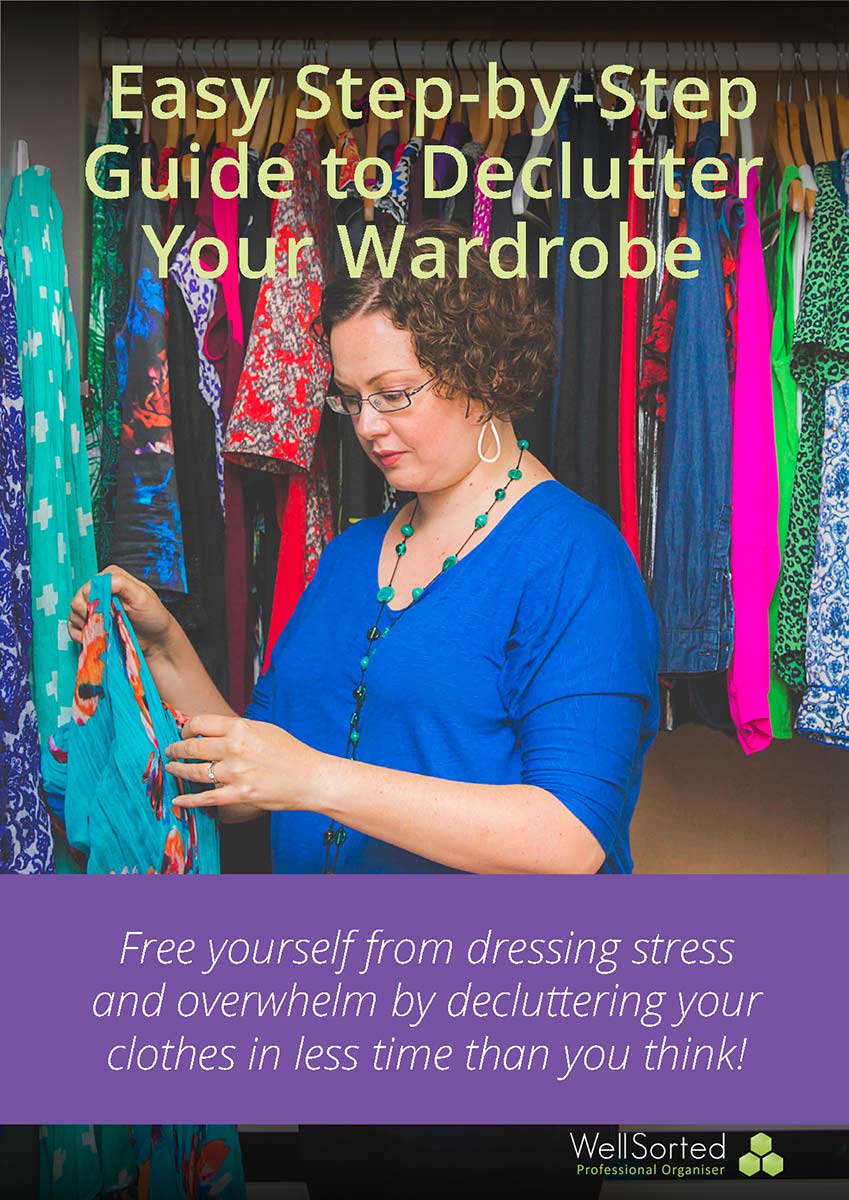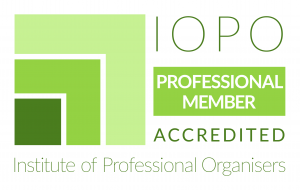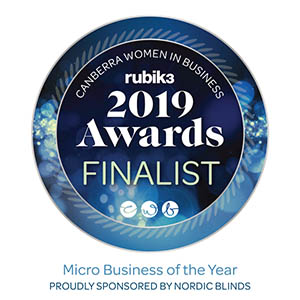If you’re heading into hospital for a short or long stay, why not be prepared? You could be going in for birthing your baby, a planned surgery, or routine procedures. Having gone through brain surgery in 2023, I got the hot tips from others about what to bring. Here’s a list. Only pack what you think is appropriate for you!
Air Conditioner Combaters
- Hand Cream
- Lip Balm
- Moisturiser
Aircon dries you out so come prepared if it’s a long stay.
Other Toiletries
Toothbrush, toothpaste and your usual toiletries.
Clothes and Comfort
Socks and slippers or ‘indoor’ shoes to walk about the halls and to the bathroom.
Comfortable clothes, if you’re ok in pjs, bring your favourites and also bring a jacket or jumper. Keep in mind the type of surgery you’re having and if it will be difficult to take your clothing off over the items you choose. Hopefully you’ll have people visiting you, so get them to take your dirty washing
home and come in with some fresh ones!
Some suggest bringing your own pillow and blanket too.
Extras
Noise cancelling headphones if you’re expecting to be in a shared room. It can be really loud and noisy in hospitals. You may even want an eye mask, as sometimes it’s really bright too!
An extra long phone charger. The hospital bed usually has a plug behind it but it’s at least a metre to your bed from there, so a 1.5m charging cable is essential for those who want to access their phones.
Something to do (if you’re not too out of it)! Colouring in, reading, or an iPad to watch your favourite shows is ideal. Knitting or crochet is good too.
You’re meant to only come in with one small suitcase so don’t go too crazy. Things to note: There is a bit of thievery in hospitals, so don’t bring anything too precious!
Attitude and Healing Tools
I know you’ll be feeling poorly, but try to approach those helping you with a good attitude. Everyone is much nicer to you when you’re nice to them.
And as an EFT practitioner, I’d recommend learning how to do tapping (that’s the other name for EFT). I used tapping whilst in hospital to deal with all of the fears, annoyances, and pain I experienced whilst in hospital. I truly believed it helped me get out of ICU and hospital earlier (I was told I’d be in ICU for at least a day, and was out within 12 hours, and that I’d be in hospital for at least 2 weeks. I was out within 6 days). There are many studies now to show EFT has a huge impact on our ability to heal and recover. So if you learn EFT, you can bring that skill with you to get through all the junk you have to deal with whilst in there.
Organising Your Stuff
Generally, you have a bed, and a bedside table and the food tray. Once you know what you’re bringing, you might want to consider having your must ‘have to hand’ items in a toiletry bag that can sit on the edge of the food tray table, or a little box. There isn’t much space, so be selective of what
you’ll have by your bedside and have a vessel to keep it in!
And once you’re out, don’t overdo things as you recover. Apply the 80% rule. Only do 80% of what you feel you can do initially so you have 20% of reserve energy for healing. This was advice from a lovely WellSorted Newsletter subscriber in Adelaide, who emailed me for my surgery. Great advice!
A well-prepared and organised hospital stay can significantly enhance your overall experience. If you have additional must-haves based on your unique hospital journey, share your insights on the WellSorted Group Facebook Page. Wishing you a smooth and comfortable journey to recovery!







